SIX IN PARIS: Two Out Of Six
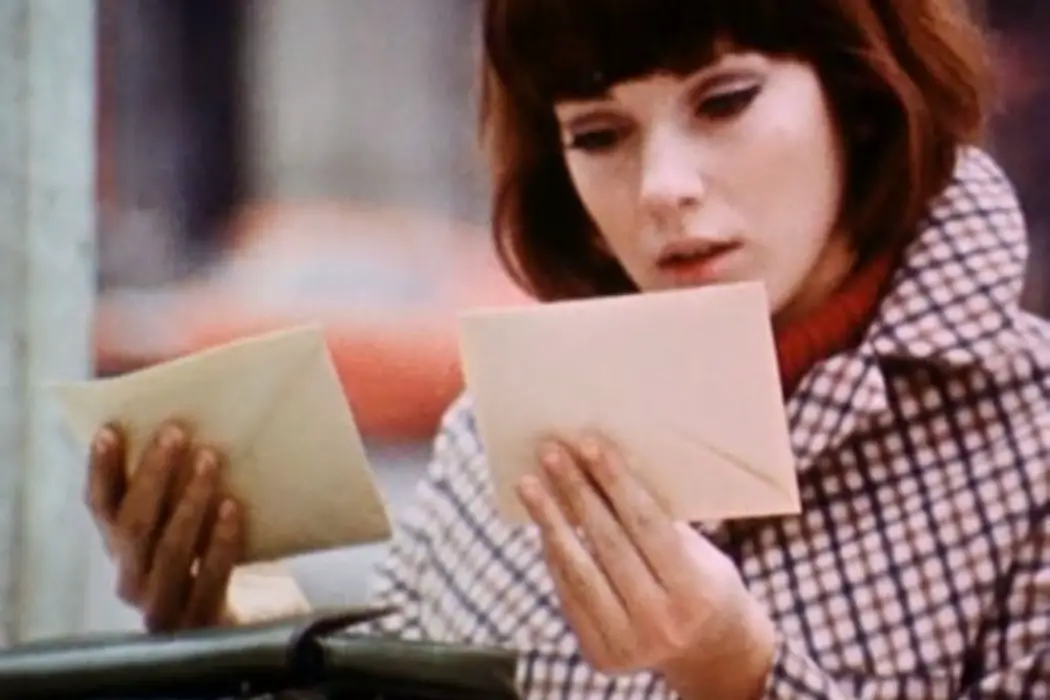
Massive film lover. Whether it's classic, contemporary, foreign, domestic, art,…
If you look up the filmographies of any important European filmmaker, chances are you’ll see one of the many director omnibus anthology films that were so popular in the sixties and seventies. Perhaps the studios had quotas to fulfill; maybe there were some tax incentives to have the likes of Jean Luc-Godard, rubbing elbows with the likes of Pier Paolo Pasolini in movies like Ro.Go.Pa.G? Maybe it’s the box office appeal having all your favorite directors on one poster? Seeing Louis Malle, Federico Fellini, and Roger Vadim on the cover of Spirits of the Dead was a hell of a selling point, peripheral to other European multi director anthologies (World’s Oldest Profession, The Witches, Far From Vietnam etc.) there’s the oh-so-very French Six in Paris (Paris Vu par). Featuring the best names associated, not just with the nouvelle vague, but all of French cinema, Jean Luc Goddard, Eric Rohmer, Jean Rouch Claude Chabrol, as well as Jean-Daniel Pollet and Jean Douchet, with all this weighty talent being heaved at the viewer, what could go wrong?
Well, like so many of these director anthologies, Six from Paris suffers from the flippant transparency that’s all too common with this informal subgenre, the lure of having all these talented apples in once basket is an interesting bit of trivia, but it seems like no one bothered to check for bruises.
Now is it vulgar or lazy to expect that a movie from the mid-sixties, set in the city of light would communicate, or at least revel in the natural permeating beauty that’s defined the best of the new wave, or capture the essence and atmosphere of the sixties? Maybe it’s a low-tourist expectation, and it’s not like we need panning shots of the Eifel Tower, vistas of the Lourve, or the Champs Elysees. Still, it feels like one of the few consistencies throughout the six chapters of this feature is that they seem to counter the splendor of the locale in favor of dumpy interiors, backlots, and avenues, favoring a more gender-reliant comedic bent.
1.) Saint Germain Du Pres (Jean Douchet)
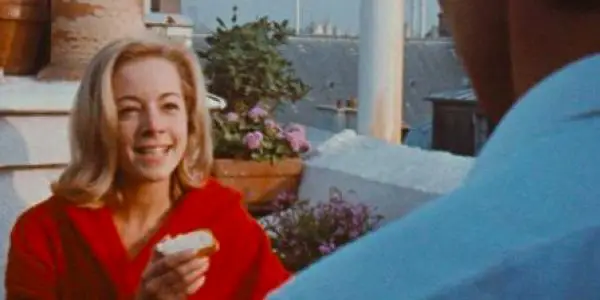
Kicking of this sextet is Jean Douchet’s “Saint Germain Du Pres”, which centers on an American ex-pat adrift in Paris; when she meets a slick player, a comedy of errors ensues that carries the whiff of a sort of romantic farce vibe. Douchet’s direction is level and unexciting, flat-footed dialogue plods along, and the punchline is nothing to laugh at. Douchet, like so many directors featured here, was another recently resigned critic from Cahiers du Cinema.
2.) Gare du Nord (Jean Rouch)
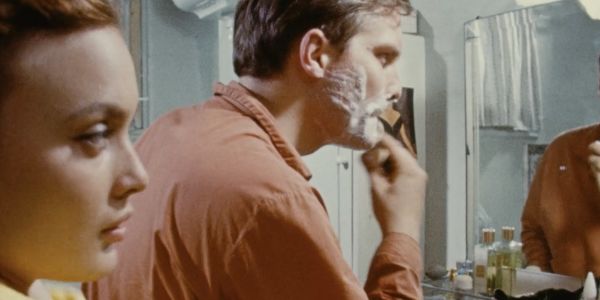
“Gare du Nord” by Jean Rouch, the director/ethnological documentarian, is technically inspired, adventurous, and stands out as a compelling short, framed around a couple whose discussion escalates into an argument that goes from the breakfast table into the street. The “story” is a jumping-off point for Rouch to show off his technical chops as much of the short plays out in one take, descending from the interior setting to the streets. It’s a bold move and maintains some interest while establishing that Six in Paris will largely carry on its romantic themes that fall under the ‘battle of the sexes” moniker.
3.) Rue Saint-Denis (Jean-Daniel Pollet)
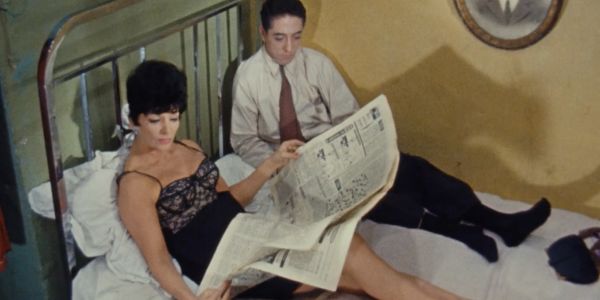
“Rue Saint-Denis” by Jean-Daniel Pollet is one of the most trying excursions. A young, nebbish, cartoonishly virginal man enters a room with a prostitute, and then they proceed to talk, jab at one another, and that’s about it. So you have two caricatures in a run-down room, talking about little nothing; it feels like the comedic resolution is an ironic “gotchya” play. Like some clever soul in the writer’s room said, “if someone gets a prostitute, they usually have sex, well what if they don’t have sex?” well, it’s not very funny, or interesting for that matter. Also, the kid is made-up to look like Buster Keaton, so that’s funny….right?
4.) Place De l’Etoile (Eric Rohmer)
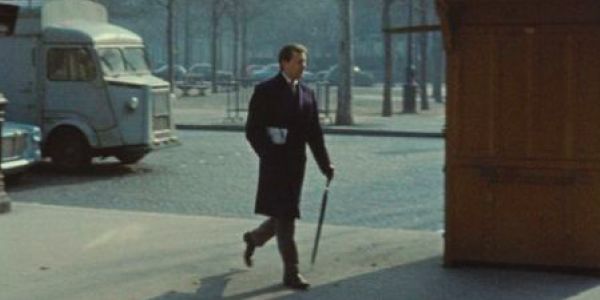
Naturally, my excitement piqued when Eric Rohmer’s name popped up for the “Place De l’Etoile” easily the films high point rife with genuinely playful humor and gleefully absurd narrative where (in Rohmerian fashion) an ordinary encounter escalates into a freewheeling farcical romp, from a mistaken case of umbrella related manslaughter. Fresh pacing and lively direction flourish alongside Nestor Almendros’ cinematography.
5.) Montparnesse-Levallois (Jean-luc Godard)
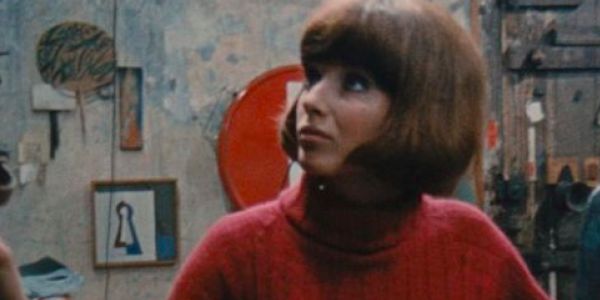
Just as things are looking up, with a pleasurable riff from Rohmer in the rearview and seeing Godard’s name attached to the next part,“Montparnesse-Levallois.” Sadly to say the relative nosedive that followed was a letdown, given Godard’s penchant for contrary actions in regards to studio mandates (need we mention Contempt?) and his politically trenchant aesthetic is coming to a boil after his run with Le Petit Soldat, Les Carabiners, Alphaville with he and Jean Pierre Gorin’s Dziga Vertov group on the horizon this foray feels awfully light. Once returning to the flippant quasi-romantic farce pool (because that’s Godard’s wheelhouse?) featuring a miscommunication between a woman and her two lovers, one a mechanic, the other an installations artist. She flounces from one locale to another, the two bicker, and that’s about it. Despite the vapid Godard outing, things make a change for the better thanks to one of the foremost purveyors of subtle, provincial thrills and sly bourgeois commentaries Claude Chabrol.
6.) La Muette (Claude Chabrol)
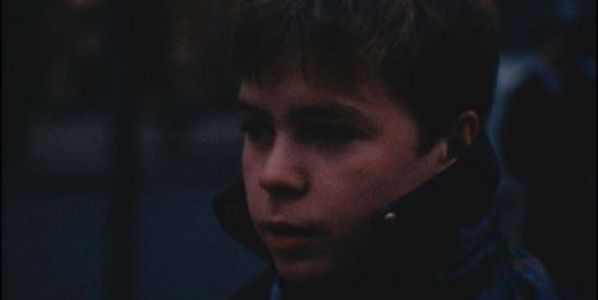
Once again, the subtly comedic critic is deconstructing domestic values of the upper-middle wealthy and doing so in front of and behind the camera, taking place as one of the leads alongside his recurring collaborator Stephane Audran. When a disaffected kid can’t stand the bickering and blabbering of his parents (Chabrol and Audran) he employs some miraculous earplugs; once he’s pleased with the results he wears them everywhere! They work so well he employs them all the time; naturally ironic reprisals lurk around the corner. Chabrol’s wry entry matches wits with Rohmer, and in the director, fashion yields a darkly comic finale that plays like the combined sensibilities of Rod Serling and Bertolt Brecht. Long story short, out of the “Six” from Paris, you walk away with two-and-a-half good short films, Rohmer’s “Place De l’Etoile”, Chabrol’s “La Muette,” and the technical aspects of Rouch’s experimental “Gare du Nord” are worth noting.
Wrapping Up
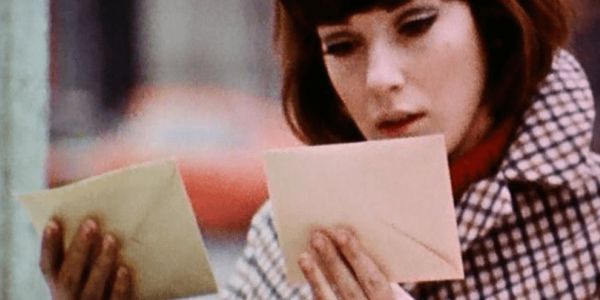
However, the overall conceit of Six from Paris, like so many aforementioned director anthologies, plays like a gimmick; if you’re a diehard fan of the French New Wave, a completist of these filmmakers or have some academic interest, there are some compelling bits, otherwise, stick with the feature-length titles from these beloved directors. While there are some films from this informal subgenre that work quite well, Spirits of the Dead, Far From Vietnam, it seems like there’s even more that do not (Six in Paris, The Witches) which one of these director omnibus anthologies that work for you?
Availability
OVID.tv is exclusively streaming the restored classic Six in Paris. This is the first and only time that all the individual films are available individually, as well as part of the omnibus feature film. Watch the full film here. Individual links for each of the films are available here: La Muette, Montparnesse-Levallois, Place De l’Etoile, Rue Saint-Denis, Gare du Nord, and Saint Germain Du Pres.
Does content like this matter to you?
Become a Member and support film journalism. Unlock access to all of Film Inquiry`s great articles. Join a community of like-minded readers who are passionate about cinema - get access to our private members Network, give back to independent filmmakers, and more.
Massive film lover. Whether it's classic, contemporary, foreign, domestic, art, or entertainment; movies of every kind have something to say. And there is something to say about every movie.













